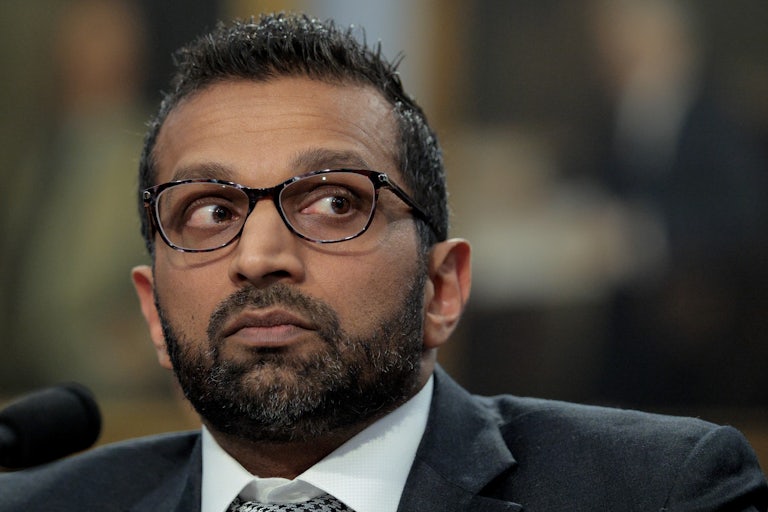Fox Host Made to Apologize for Calling to Mass Murder Homeless People
Brian Kilmeade initially said he thought homeless people should receive lethal injections where they sit.

Television host Brian Kilmeade’s personal beliefs about the homeless are deeply disturbing, even for Fox News.
The prime-time anchor was forced to apologize on air during Sunday’s episode of Fox and Friends after he said that the correct answer to handling the displaced population should be mass euthanization by the government.
The comment slipped out during an uncontentious roundtable last week discussing the August 22 murder of Ukrainian refugee Iryna Zarutska. Zarutska was aboard a light rail train in Charlotte, North Carolina, when she was attacked by a homeless and mentally ill man, Decarlos Brown Jr.
But due process for Brown was, apparently, not the obvious answer to Kilmeade, who suggested that a better answer for combating mental illness among America’s homeless populations would be death.
“Involuntary lethal injection, or something,” Kilmeade said, receiving no pushback from either of his co-hosts. “Just kill them.”
By the end of the weekend, the network had forced Kilmeade to change his tune—at least publicly.
“During that discussion, I wrongly said that they should get lethal injections,” Kilmeade read off the teleprompter. “I apologize for that extremely callous remark. I obviously am aware that not all mentally ill homeless people act as the perpetrator did in North Carolina, and that so many homeless people deserve our empathy and compassion.”
Other recommendations for handling the homeless discussed during last week’s roundtable included institutionalizing or incarcerating those deemed to be mentally unwell.
But Kilmeade’s compassionless gut instinct belies the reality: that homelessness and mental illness often go hand in hand. People experiencing homelessness report significantly higher rates of serious mental illness than the general population—a correlation that researchers argue is a two-way street.
While mental illness can prevent an individual from accessing the systems or tools to help them get out of homelessness, not having a home, reliable possessions, or having one’s daily needs met can quickly materialize into severe trauma that only furthers the chasm between an individual and the available systemic resources.
“Mental or behavioral health disorders and substance abuse are many times outcomes of experiencing homelessness,” according to the Maine-based homeless nonprofit and shelter system Preble Street. “The stress and trauma of homelessness makes it a known risk factor for creating the conditions for mental illness and substance abuse disorders, and people who experience chronic homelessness have a far higher risk of mental illness, disability, or a substance abuse disorder.”








